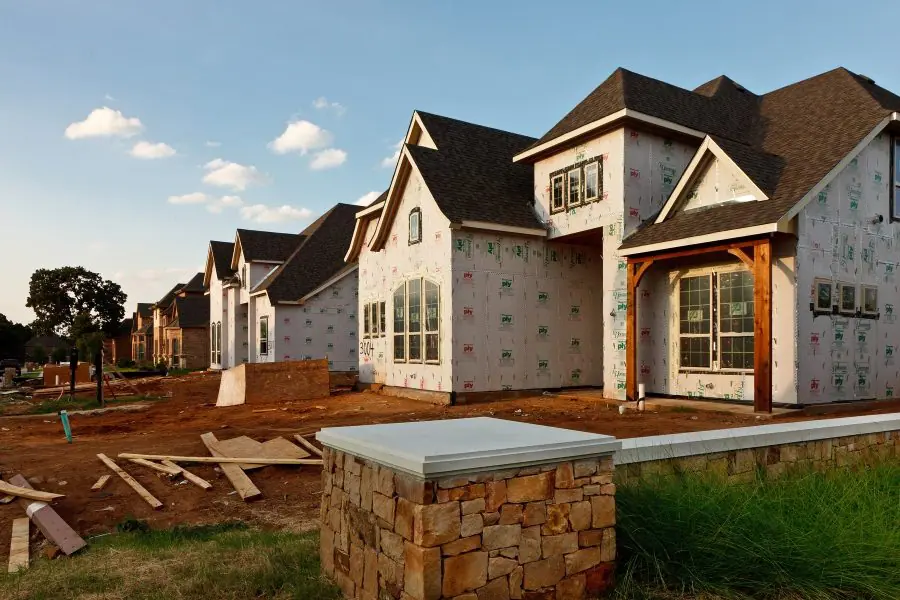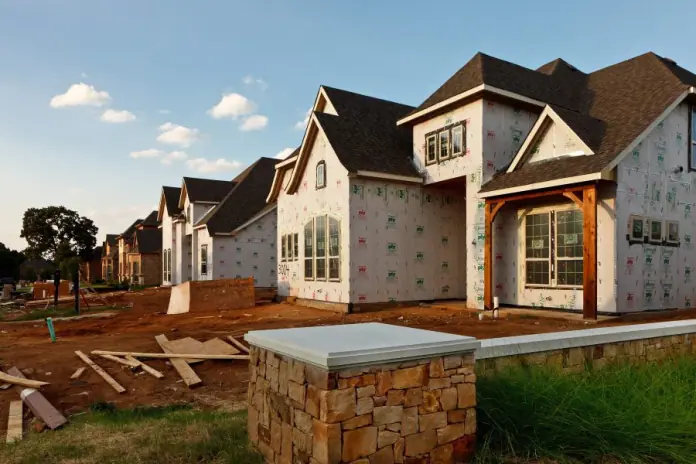
Millions of government-owned and public acres were opened– mostly west of the Mississippi River, with the Homestead Act of 1862. Any adult who had never taken up arms against the U.S. government could apply. Women and immigrants who had applied for citizenship were eligible.
Homesteaders loaded their wagons and headed out to settle open land.
Monday night the Flower Mound Town Council approved an ordinance providing for a residential homestead ad valorem (property) tax exemption of 2.5-percent beginning in the 2019 tax year (2019-20 fiscal year).
A Flower Mound homeowner will receive an exemption from its Flower Mound ad valorem taxes equal to either 2.5-percent or $5,000, whichever is greater.
“We’ve been talking about reducing taxes for several years,” said Mayor Pro Tem Jason Webb.
The property taxes Texas homeowners pay are determined by how much appraisal districts say land and buildings are worth and the tax rates that local government entities like cities, counties and school districts each set.
A homestead exemption helps owners save money on their home tax. An exemption removes part of the value of a residential property from taxation and lowers taxes.
At the direction of council, the town staff conducted a study of the outcomes of several financial options and recommended the 2.5-percent Homestead Tax Exemption (HTE)– rather than the Effective Tax Rate (ETR), which would impact the Rollback Tax Rate (RTR).
“It supplies some benefits to residents, while not impacting the overall financial budget,” said CFO and Deputy Town Manager Debra Wallace.
In her presentation, she said the 2.5-percent exemption would provide an annual savings of $43.90 on the average home valued at $400,000, while reducing budget revenues by $824,000; less than the impact of the ETR– with the tax bill for a home valued at $400,000 to $1,708.40, a savings of $47.60. However, it would mean $1.3 million less in town revenue.
The 2018 [2018-19 fiscal year] property tax rate is $0.439000 per $100 valuation.
The ETR ($0.427100 per $100 valuation) is the total tax rate needed to raise the same amount of property tax revenue for the town from the same properties in both the 2017 tax year and the 2018 tax year.
The RTR ($0.443462 per $100 valuation) is the highest tax rate that the town may adopt, before voters are entitled to petition for an election to limit the rate that may be approved to the rollback rate.
“For the past several years talk we’ve talked about the Effective Tax Rate,” said Mayor Steve Dixon. “In this situation, it was determined that this [Homestead Tax Exemption] was a better solution to benefit town residents.”
Council member Jim Engle had listed a homestead exemption as a goal during his campaign for election in May.
“I’m happy as can be to see this come to fruition,” he said. “I would love for this to be the first step and see, in future years, if we can increase it.”
Texas Tax Exemptions:
According to Debbie Cartwright, counsel for the Texas Taxpayers and Research Association, all homeowners are eligible to have the taxable values on their homes reduced by $25,000 for school district taxes that typically account for more than half of a property tax bill, as long as they apply for a residence homestead exemption.
Under the state’s tax code, people only qualify for reduced school district taxes on their primary residence. They also must own the qualifying home at the start of the calendar year and a regular residential homestead exemption application must be filed between January 1 and April 30 to allow the district time to process it before tax statements come out in the fall.
If the owner is age 65-or-older, or disabled, the Jan. 1 ownership and residency are not required. Those homestead owners also qualify for a $10,000 homestead exemption for school taxes, in addition to the $25,000 exemption for all homeowners. If the owner qualifies for both the $10,000 exemptions, the owner must choose one or the other for school taxes. The owner cannot receive both $10,000 exemptions.
Disabled veterans and the surviving spouses of deceased veterans are also eligible for additional property tax relief. One-hundred percent disabled veterans and their surviving spouses don’t have to pay any property taxes. However, they have to apply for the exemption with their local appraisal district between Jan. 1 and April 30, per the Texas Comptroller.

















